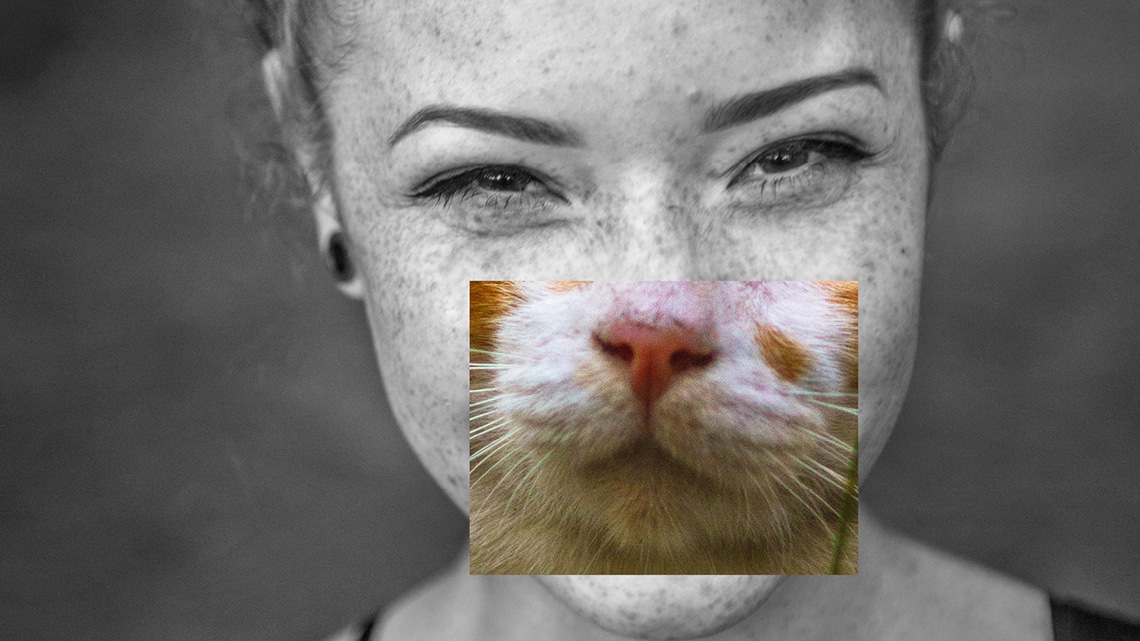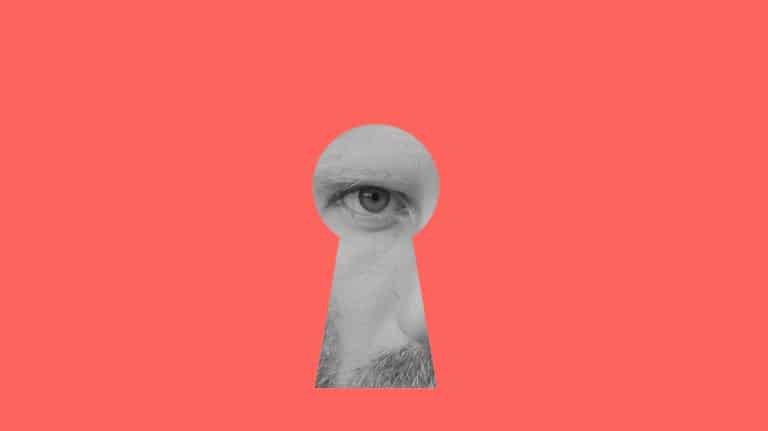Catfish or real?
A catfish is someone who pretends to be someone else online – and it isn’t always easy to spot the difference between a catfish and a real person. We’ve put together some tips to help you spot a catfish as well as advice to help if you have been catfished by someone. People catfish others online…

A catfish is someone who pretends to be someone else online – and it isn’t always easy to spot the difference between a catfish and a real person. We’ve put together some tips to help you spot a catfish as well as advice to help if you have been catfished by someone.
People catfish others online for a lot of different reasons. Sometimes it’s to:
- bully or humiliate someone
- try and get people to send nude/semi-nude images
- scam people into giving them money or personal details
- get a person into trouble
If you’ve been catfished by someone older and have sent nudes or done something else sexual, or are feeling pressured to, we have advice about this in our grooming blog.
If you believe you have been scammed by a catfish, you can submit a report to Netsafe to get help and advice on what to do next.
Protecting yourself from catfish scams
1. Be cautious talking to someone new: Social media and online platforms make it easy for people to pretend to be someone else online. If you are contacted or added as a friend by someone new, take the time to determine that they are who they say they are before engaging with them.
2. Look for warning signs: Some warning signs that a profile might be fake include:
- A blurry or low-resolution profile photo
- The profile has been set up very recently
- The person has very few or no friends or contacts
- The profile has very few photos or other details
- The profile photo doesn’t show the whole of the person’s face
3. Behaviour to look out for: If you feel like someone’s behaviour seems weird – particularly if it’s someone who you’ve connected with recently online – be cautious. Some of the warning signs include:
- They are messaging you a lot
- The conversation is moving really fast
- They are pressuring you to share nudes or other personal information about yourself
- They are asking you for money
- They are asking you a lot of questions about yourself
4. Ask to talk via video call: If you’re concerned that someone may not be who they say they are online, consider a video call. If they make up excuses as to why they can’t talk this could be a warning sign that they may be a catfish. If you’re a young person you might want to think about doing this with a friend for support.
5. Do a reverse search: Google allows people to upload a photo into their reverse image search tool and it will show you all the other places that image can be found online. This can be a good way to check whether a profile photo has been taken from another location online.
6. Think before you share: Before you share something personal, think carefully about the potential risks if that person is not who they say they are. Sometimes catfishers will try and get you to share nudes or other intimate information. Do not share something online that you don’t want to be shared more widely, but if you do and it gets shared, contact Netsafe for non-judgemental advice.
What to do if you’ve been catfished
If you’re worried for your immediate safety, call the Police on 111.
Being catfished can be a difficult and upsetting experience and there are things you can do.
If they’ve shared your nudes without your consent…
Sharing or threatening to share someone’s nudes/nearly nudes without their permission is called image based abuse and can be a crime in New Zealand according to the HDCA. There are things you can do if someone has shared a nude or nearly nude image of you without your consent you can:
- Let friends or family know you’ve been catfished. Ask them to report any inappropriate content to the platform (ie Instagram, Facebook, Snapchat etc) if they see it.
- Screenshot the content if possible and make a record of the links to the page (the URLs).
- Report the content to the platform it’s on to request the content is removed (e.g. Facebook, Snapchat, PornHub etc).
- Report the profile or account of the person who shared the content to the platform (e.g. Facebook, Snapchat, PornHub etc).
- Contact Netsafe for help – Text ‘Netsafe’ to 4282, call 0508 NETSAFE, email [email protected] or visit www.netsafe.org.nz/report
If you’re a young person…
If you are a young person and you’ve been catfished by someone older, and you have sent nudes or done something else sexual, or are feeling pressured to, this is called online grooming. We have special advice about online grooming on our website.
If they are bullying, humiliating or impersonating you online, Netsafe can help.
How can Netsafe help
We can assist you in getting content removed from some places online and talk to you about the other options available to you – for example, taking the case to the Police. If someone is threatening to share nude images or videos of you, or blackmailing you, we can also let you know what you can do about it. Our team talks to people in situations like this everyday, so we’re used to talking about it and can provide you all the information you need.
CONTACT NETSAFE
Need help or advice? Contact us.
- Text ‘Netsafe’ to 4282
- Email [email protected]
- Call us toll free on 0508 NETSAFE (0508 638 723)
- Online report form at netsafe.org.nz/report
Our helpline is open from 8am – 8pm Monday to Friday and 9am – 5pm on weekends.





